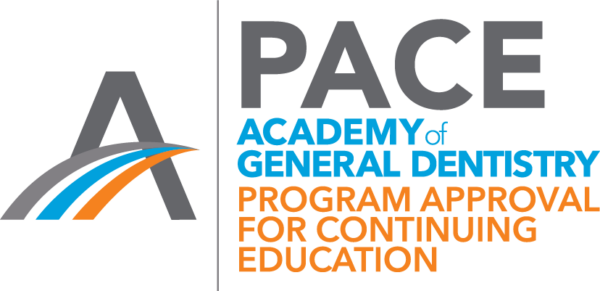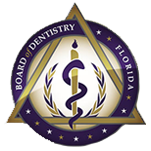We do not respond to voicemails. If we do not answer, we are on the line with another client. Please text or email us. We respond throughout the day or attempt to call again at another time.
Human Trafficking and Exploitation for the Dental Industry
Human trafficking is the trade of humans, most commonly for the purpose of forced labor, sexual slavery, or commercial sexual exploitation for the trafficker or others.
This course will explore what human trafficking is, how it occurs and who is most vulnerable, how to recognize risk factors, The Trafficking Victims Protection Act of 2000 and the Justice for Victims Act of 2015, as well as how drug use is linked to trafficking, treatment options and procedures to helping fight this crisis.
This course will award 1 continuing education hour.
Please see the board approval box for course approvals.Human trafficking is abuse, so the rules for mandatory reporting are the same for human trafficking. If the division of quality medical assurance licenses you, you need to report suspected trafficking. The need doesn’t end there, though. Everyone has a role to play in combating human trafficking.
If you suspect or know of human trafficking activity, please get in touch with your local police, the National Human Trafficking Resource Center at 1-800-96-ABUSE, or Homeland Security at 802-872-6199.
Do not attempt to confront a suspected trafficker directly or alert a victim to your suspicions. Your safety, as well as the victim’s safety, is paramount.
You can also submit a tip at www.ice.gov/tips. Highly trained specialists take reports from both the public and law enforcement agencies on more than 400 laws enforced by ICE HSI, including those related to human trafficking.
By identifying victims and reporting tips, you are doing your part to help law enforcement rescue victims, and you might save a life. Law enforcement can connect victims to services such as medical and mental health care, shelter, job training, and legal assistance that restore their freedom and dignity. The presence or absence of any of the indicators is not necessarily proof of human trafficking. It is up to law enforcement to investigate suspected cases of human trafficking.
Course Objectives
- Define human trafficking and its types.
- Discuss the Trafficking Victims Protection Act of 2000
- Discuss the Justice for Victims Trafficking Act of 2015
- Recognize the signs of someone who has been trafficked.
- Assess survivors of human trafficking.
- Create treatment plans for survivors of human trafficking.
Board Approvals
National Approvals
-
 Academy of General Dentistry (AGD) (PACE)Bayside Continuing Education and Development (Nationally or Locally) Approved by PACE Program Provider for FAGD/MAGD credit. Approval does not imply acceptance by any regulatory authority or AGD endorsement. 10/01/2024 - 09/30/2026 Provider ID# 430829
Academy of General Dentistry (AGD) (PACE)Bayside Continuing Education and Development (Nationally or Locally) Approved by PACE Program Provider for FAGD/MAGD credit. Approval does not imply acceptance by any regulatory authority or AGD endorsement. 10/01/2024 - 09/30/2026 Provider ID# 430829
State Approvals
-
 Florida Board of DentistryProvider number 50-204-3
Florida Board of DentistryProvider number 50-204-3 -
 Florida Board of Dentistry-Dental LaboratoryProvider number 50-204
Florida Board of Dentistry-Dental LaboratoryProvider number 50-204
Information
- Content Level: Intermediate
- Course Format: This course is offered as a self-paced distance learning format (reading-based online activity)
- System Requirements: This course is offered online. Internet connection required.
- Course Completion Information: To earn continuing education credit, professionals must register and pay the fee for the course. They must read the content and demonstrate understanding by earning a minimum score of 70 percent on testing materials. The certificate of completion will be able to be downloaded after the above is completed. Refunds will be granted upon request with the withdrawal of credit for the course. For questions, concerns, or to request special accommodations, please call 866-863-4225 or email ContactUs@BaysideCEU.com.
- CEBroker Course ID: 841450
- Credit Hours: 1

